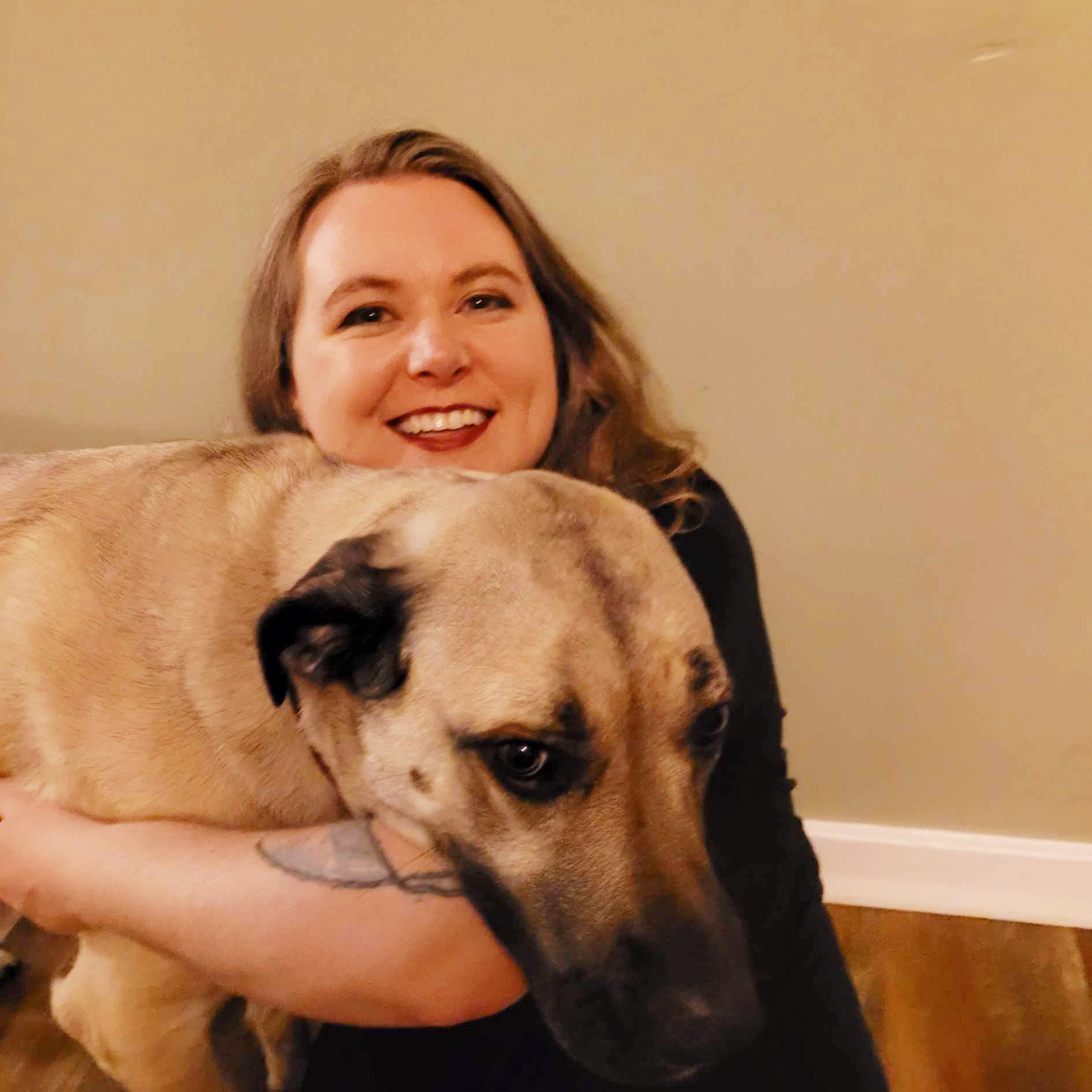5 Questions with Bridget Hume, Supervisor Member Engagement
The CHPW Member Engagement team is one of the first that new members will hear from to welcome them to their health plan. They are friendly, knowledgeable, and they are here to help. We asked Bridget a few questions so that our community can get to know her, her work and her team’s work.

I started as a Member Associate in June 2016, where I made welcome calls to all our new CHPW members. In April 2018, I was promoted to supervise the team! Being proactive with our outreach to our members is one of the many things that really sets CHPW apart. We strive to ensure our members understand how to get their services.
We do this by following-up on their onboarding materials, and confirming the accuracy of information to avoid problems that might get in the way of care in the future. We will also contact our members as things arise with their health to ensure they are getting the care they need. Getting to make those one-on-one connections is a part of my job I enjoy most!


Why did you choose to pursue a career in health care?
My college degree is in sign language interpreting, and after doing that for many years I transitioned into Deaf Education. Then I found myself injured and not able to continue that career. After a couple of years of working in the corporate world, I was tired of the goal being just making money for someone else. I decided I needed a career in which I can actually be helpful to other people. And CHPW really has provided that!
As an example, I remember making a call to a member that had just moved here from another country. There were new to the concept of American health insurance. I was on the phone with her for almost two hours! I explained everything she needed to know about her options and how to make use of her CHPW plan. She was so grateful that she was in tears!
That made me feel really good about my job. And then there are my co-workers! I work with people who are so passionate and united under our mission, and that just makes every day easier.


Why do you think accessibility is so important for our CHPW members?
I think an important thing able-bodied people tend to overlook is that your able-bodiedness can have an end date. You don’t know when, where, or how, but eventually everyone needs some big assistance navigating the world physically, emotionally or mentally. When we create accessible spaces and procedures for each person, it is also setting up spaces for future you!
As for our members – we often connect with our members when they are going through something big – a move, a divorce, loss of a job, pregnancy, an illness diagnosis, etc. and now they have a huge insurance system to deal with. It’s all very overwhelming in the best of situations. Now, imagine there is an accessibility need: a language need, a physical need, mental or emotional need, whatever the case may be, all of that makes navigating a complex system way harder!
So, if we can be proactive and meet the people where they are and with what they need, it can show the member that we are a part of their community and that they are not alone.


What is something you have recently learned or accomplished that you are proud of?
I bought a house! Selling and buying a house simultaneously is probably one of the most challenging things I’ve ever done, I hope to never have to do this again!


There are far too many places to name! The Pacific Northwest has so much diversity in landscape and options to explore. But probably the least well-known place to go that I love is the Elwha River.
Located just west of Port Angeles, this river is the location of the world’s largest dam removal project. An almost three-mile hike will bring you to the remnants of the Glines Canyon dam, where you can see just how much river it was blocking. Taking down both the Glines Canyon dam and the lower Elwha dam opened up almost 100 miles of salmon spawning habitat.
It brought back an incredibly important part of our ecosystem that is desperately needed for our endangered Southern Resident Orca population. The natural restoration of large sand spits at the mouth of the river brought back some species of fish that were previously thought to be extinct!
This is also an important river to the Lower Elwha Klallam Tribe, as a source of food as well as spiritual connections, and opening it back up is an important step in reparations to the people of the Elwha. It’s truly beautiful to see how quickly nature reclaims itself once humans stop trying to control things, and everyone should see it!

Learn more:
- Job Opportunities at CHPW
- Qualified Health Plans are also available to Washingtonians of any age.
- Find your local CHPW Apple Health (Medicaid) or CHPW Medicare Advantage representative.


How long have you been with Community Health Plan of Washington and what is your current role?